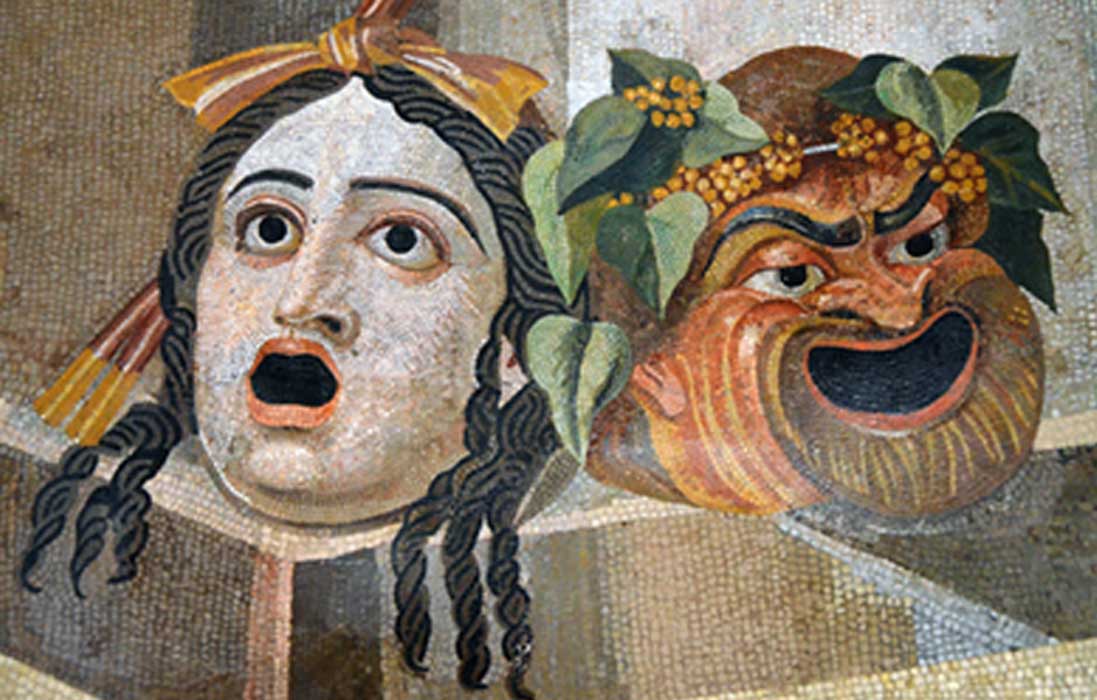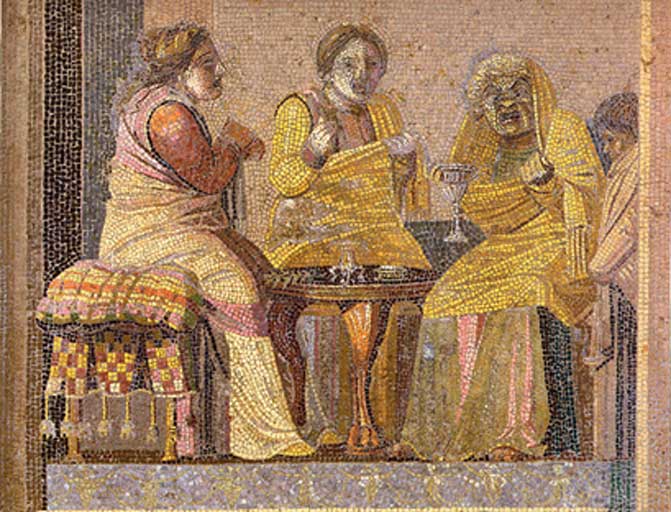
The Black Sheep of the Empire: Actors and Actresses in Ancient Rome
The ancient Greeks loved the theater and ancient Greek actors enjoyed a position of eminence and respect. In contrast, although entertainment and drama were similarly adored in Ancient Rome, theater performers were often demeaned by the upper-class society and also perceived as morally unclean. The emperor Tiberius, who ruled Rome from 14 to 37 AD and not the most morally upstanding man himself, urged those of high society and theatrical performers to avoid interacting with one another. Later, Julian the Apostate, who ruled from 361 to 363 AD, would prohibit pagan priests from attending the theater so that the actors and the theater itself did not receive any form of elevation in status, because of their attendance. The Roman Empire then, placed itself in a peculiar position of admiring the performing art yet, at the same time, viewing the theater as a symptom of the degradation of society and the stubborn attachment of the people to it, as the worst social curse of the Empire.

Mosaic depicting masked actors in a play: two women consult a "witch". Roman mosaic from the Villa del Cicerone in Pompeii, now in the Museo Archeologico Nazionale (Naples). (Public Domain)
“Unhappy Slaves of a Cruel Voluptuousness”
The church tried to ‘release these unhappy slaves of a cruel voluptuousness’. By the time of Valentinian I, who reigned from 364 to 375 AD, the church had gained considerable grounds in ‘rehabilitating’ performers and introducing them into respectable society. An actress who, on her death bed, asked for and received the last sacraments, had to promise to never return to her ‘hateful’ theatrical life in case she recovered. A law, which was probably devised by Saint Ambrose in 380 AD, demanded that actresses who did not profess Christianity, had no hope for release from the theater. Another law was passed a year later which promulgated that any actress who had secured her freedom from the theater by professing Christianity but later relapsed, would be recalled to theatrical servitude for the rest of her life. The harsh tone of the language of this law shows a contempt for a class whom society punished viciously. In 394 AD, Emperor Theodosius I banished all pictures of theatrical performers from the vicinity of his own ‘sacred’ statues. However, although the position of the acting class was never essentially changed, there were always particularly gifted artists, who occasionally rose above their station and enjoyed the friendship of people of high standing.





